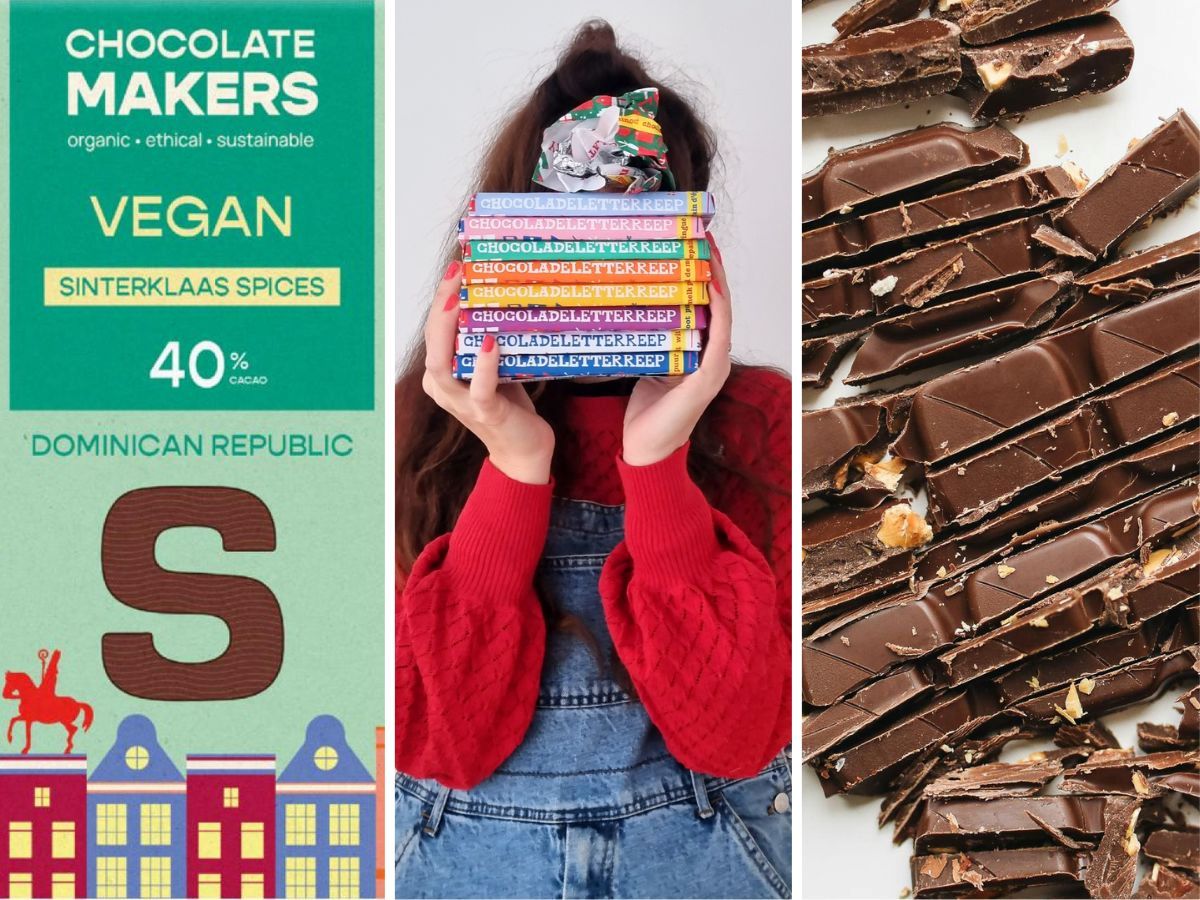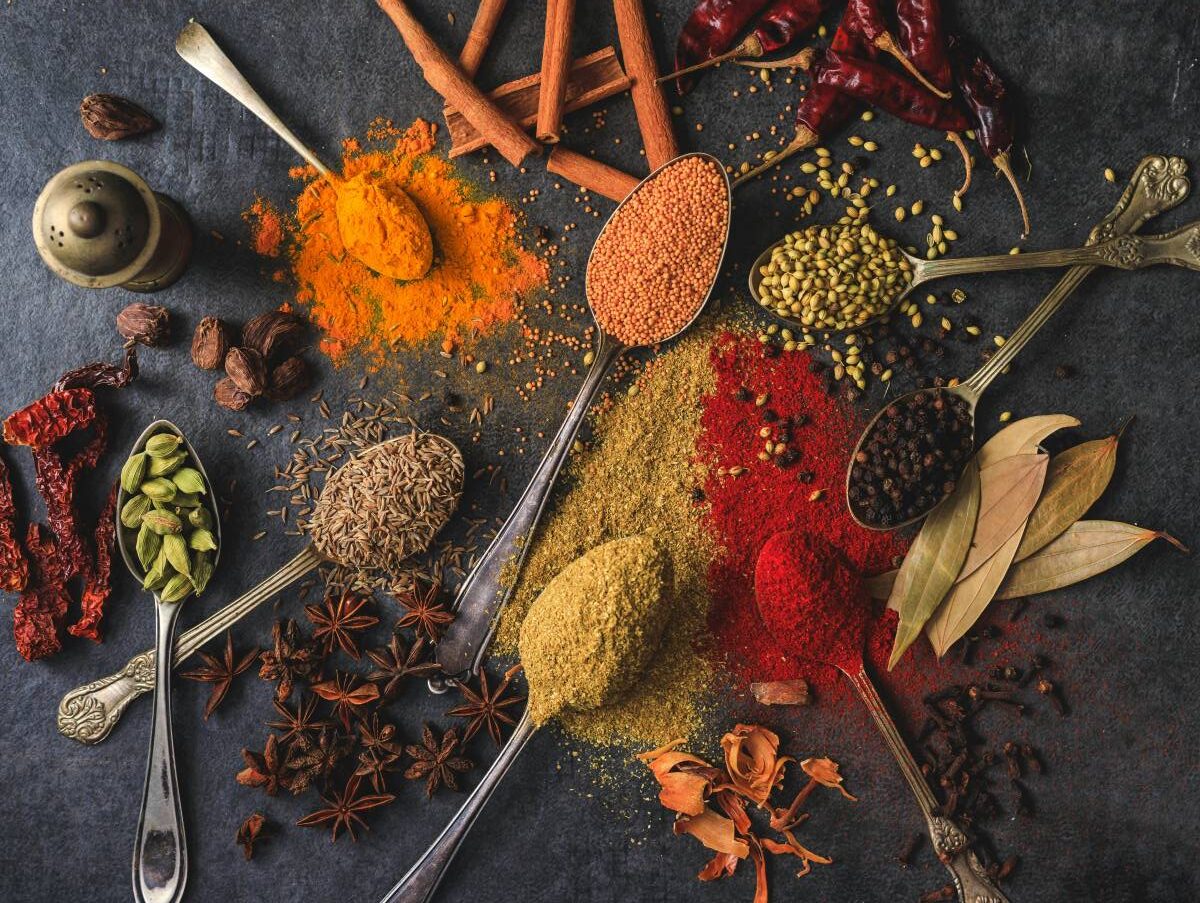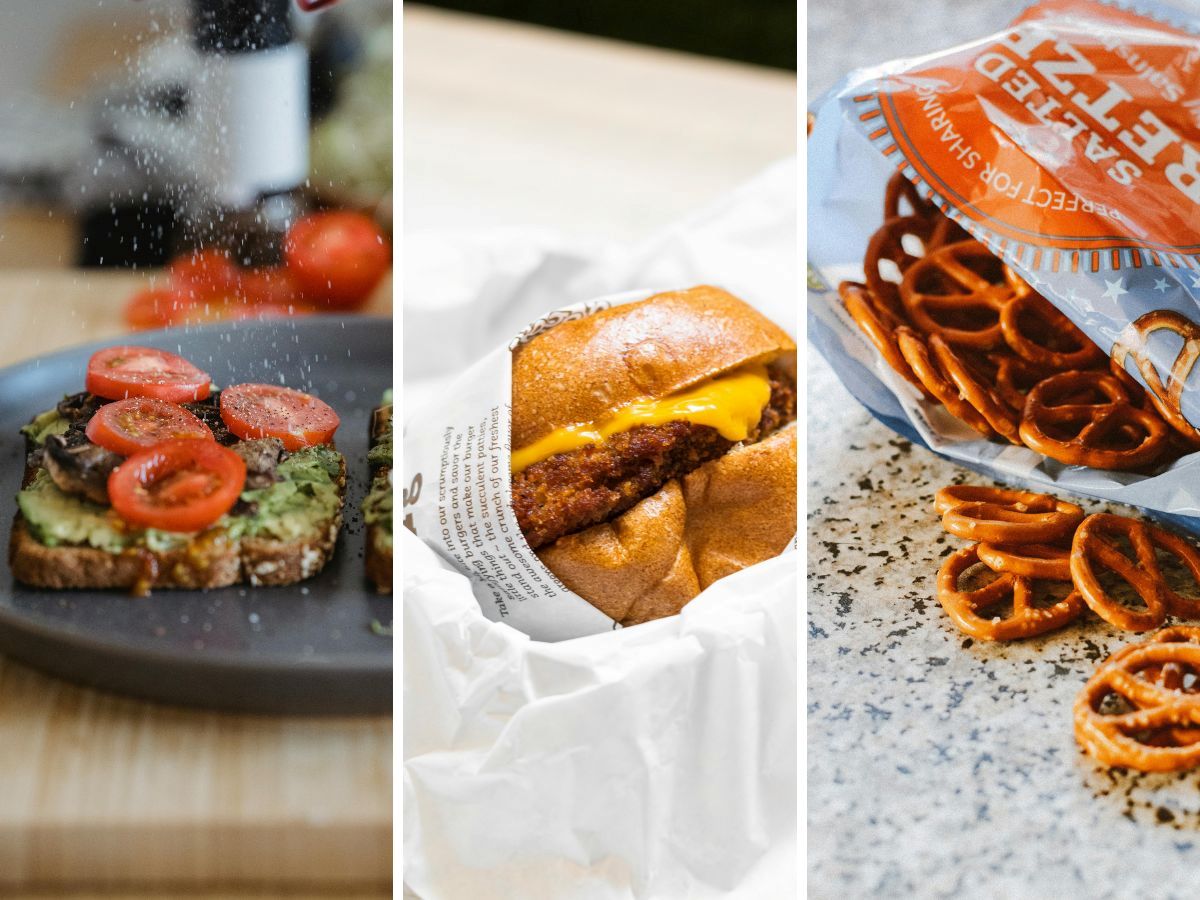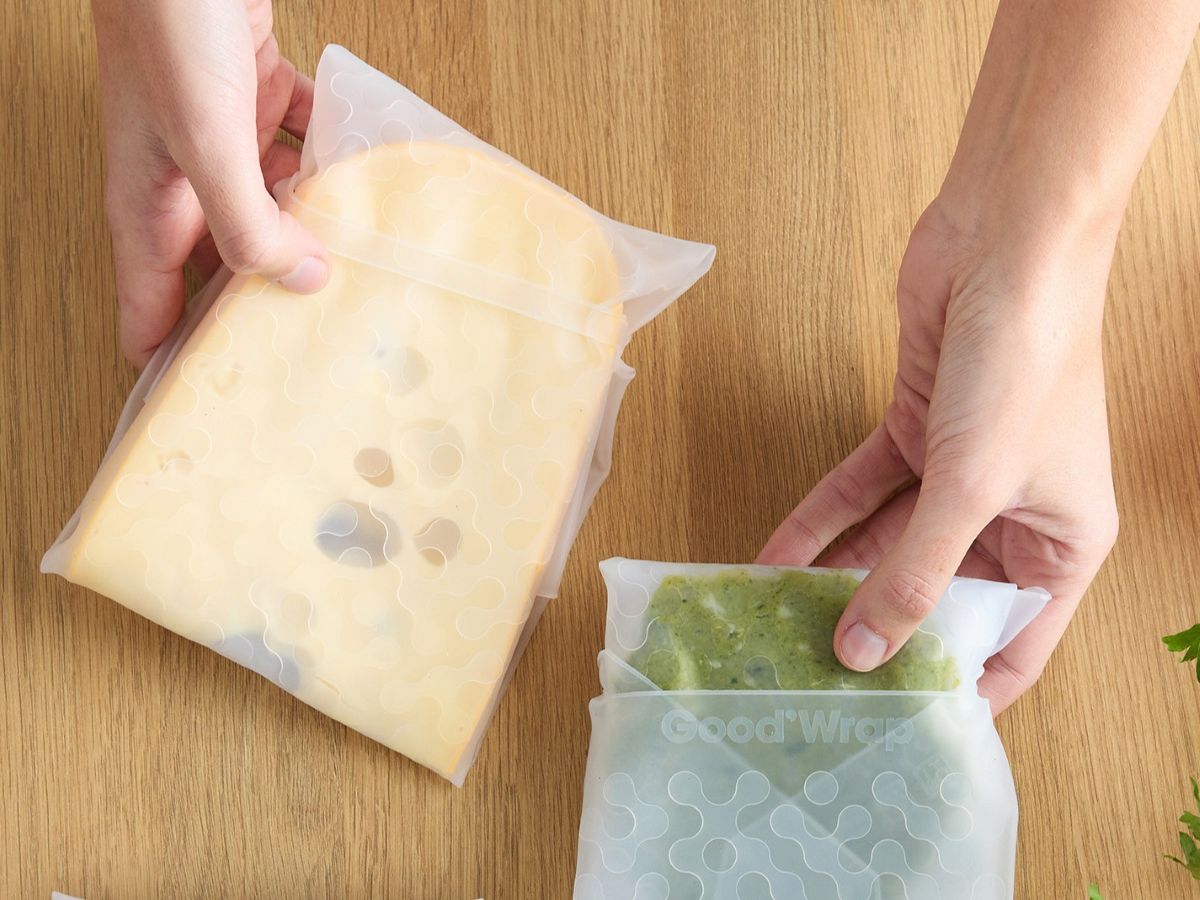Palm oil? That stuff that rainforest is cut down for and many people prefer to walk around the supermarket with a wide bow? Yes, exactly. And yet the story is not as black and white as is often thought - as we at thegreenlist.nl for some time now. Solidaridad's latest Palm Oil Barometer (2025) underlines this once again. Spoiler alert: the problem is not palm oil itself, but how it is produced. In fact, using sustainably produced palm oil might just be one of the greener choices. We explain why.
1. Palm oil is extremely efficient
Of all vegetable oils, palm oil is by far the most efficient. Here's the thing: one hectare of oil palm produces up to 10 times more oil than one hectare of sunflower, soya or rapeseed. That makes quite a difference. Because the more oil you can get from a small piece of land, the less farmland you need. And less land means less need to cut down forests. Especially as the world population continues to grow and demand for vegetable oil rises, that's pretty important. Less deforestation means more space for wildlife, less CO2 emissions and thus a better balance for the climate. So that ‘wrong’ image of palm oil suddenly becomes a lot more nuanced.
Yet many brands choose to ditch palm oil and replace it with other oils. Well intentioned, but unfortunately this is not always better for the planet. Those alternatives need more space and often cause more environmental damage. This is also shown by The Palm Oil Barometer 2025 From Solidaridad. And check this chart especially to see how efficient palm oil is compared to other crops.
2. Sustainable palm oil already exists (and you probably already use it)
Did you know there is a label for sustainable palm oil? It is called RSPO: Roundtable on Sustainable Palm Oil. This quality mark sets requirements for, among other things, nature conservation, fair wages and the use of pesticides. And although you almost never see it on packaging - many manufacturers are reluctant to mention it explicitly - chances are you use it on a regular basis anyway. According to Solidaridad, some 90% of the palm oil in everyday products in Europe is now produced more sustainably - even if it is far from always mentioned on the label. So chances are you already use sustainable palm oil unnoticed. Not perfect, but much better - and thus something to support rather than boycott.
3. A much-needed source of income for millions of people
And then another thing we often forget: behind those palm oil plantations, there are also people. Millions, to be precise. Many small farmers in countries like Indonesia, Malaysia, but also Colombia and Peru depend on the oil palm for their income. By helping them switch to sustainable production methods, they can earn a fair wage without harming the environment. And that is real progress.


Palm oil is a complex issue. We cannot do without it and so the best thing we can do is to choose more sustainable palm oil.
What the Palm Oil Barometer teaches us
The Palm Oil Barometer 2025 shows how complex the story behind palm oil is. Yes, there are downsides - such as deforestation and poor working conditions - but there are also opportunities. For instance, a quarter of all palm oil worldwide is produced by family farms. For these small farmers, palm oil is often a more profitable crop than, say, cocoa or rubber. In countries like Colombia and Peru, some farmers even earn twice as much by growing palm oil, giving them a livable income. For them, that means better food, better healthcare, a better home and children who can go to school. With the right support, sustainable palm oil can help lift them out of poverty within a generation.
At the same time, many farmers are still vulnerable. Uncertain prices, high costs and unclear land rights make it difficult to work sustainably and make ends meet. The Barometer makes one thing clear: it is not a matter of whether we use palm oil, but how. And if we do that properly - with sustainable palm oil - we can really make a difference. For people, nature and the climate.
More sustainable shopping tips
- Also see: You can read all about good food labels here.
- Also see: Learn more about the popular wax strips. Is it any better?
- Also see: cheap shopping at Foodello.
Photo credits: Kaboompics.com (peanut butter and shampoo), palm oil and palm oil plantations: Solidaridad.






